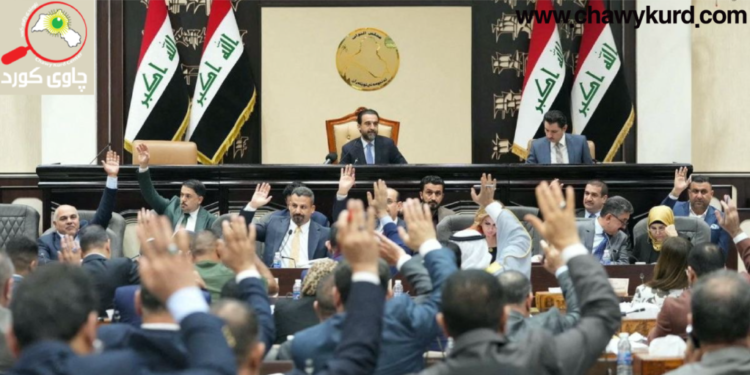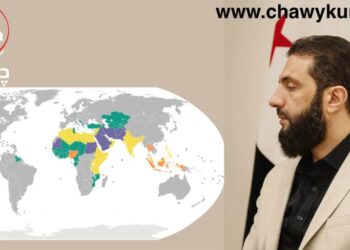Through this paper we attempt to provide an overview of the concept of federalism and its significance in Iraq, and attempt to examine the threats, as well as the complexities associated with establishing a stable federal system in a country characterized by diverse ethnic, religious and political dynamics.
In 1941, William Maddox, in an article in the American Political Science Review entitled “The Political Principles of Federalism,” highlighted the creation of an effective federal system and the conditions for its success.
Maddox argued that federalism in general requires a number of incentives to push countries to consolidate it, especially after World War II, and Maddox argued that federalism is linked to a political organization, to bring together independent units to form a strong central government that aims achieve order and stability, these units should be linked together under the umbrella of a federal government, but have some independence in managing their internal affairs. In his view, fear of external and internal threats plays a major role in pushing countries to join a federal system put to weak parties, to under federalism seek protection. Maddox also noted that federalism may face a number of threats in achieving a balance between central authority and autonomous units, especially if these units are culturally or socially different.
Indeed, the idea of a federal system was introduced by the United States and Iraqi opposition groups during the planning of post-2003 Iraq, when federalism was seen as the best way to ensure minority rights and prevent the return of dictatorship. As in the Permanent Constitution of Iraq (2005) it transferred significant powers to the Kurdistan Region and the provinces.
It expanded political participation and representation through the quota system, while limiting the power of the central government, so the framework of federalism in Iraq is full of ambiguity and legal contradictions, which increased the power of the central government and restricted the autonomy of regions and provinces. This produced constitutional instability, institutional weakness, and misunderstandings of federalism and different interpretations of federalism, creating two different and opposing trends, one of which seeks more centralization of central power in Baghdad, which is contrary to federalism.
It can be said that the pillars of democracy may contribute to the instability of the federal system in a diverse Iraq of different ethnicities, religions and sects, which require careful treatment to ensure balance, continuity and deepening of federal principles, the division of powers between the central government and the regions should be reviewed to ensure clarity and fair implementation, this requires constitutional amendments or new laws that regulate relations more clearly, especially with regard to natural resource management and revenue distribution, as well as strengthening federal institutions. Creating strong federal institutions such as the Federal Council, which represents the regions in the central government, can reduce conflict and tensions, and enable all regions to participate effectively in decision-making at the national level.
It is necessary to find consensus solutions for the management of natural resources, such as oil and gas that guarantee the rights of both the central and regional governments, while establishing fair and transparent mechanisms for revenue distribution. This can be achieved through ongoing dialogue and compromise. The weakness of the federal system and the multilateralism of foreign intervention have a negative impact on the security and stability of Iraq in general, especially the Kurdistan Region as part of Iraq, because the inability of the central government to resolve issues, since this asymmetry deepened internal divisions opens up and increases the likelihood of future conflict, thus facing a serious and continuing threat to regional security.





























































